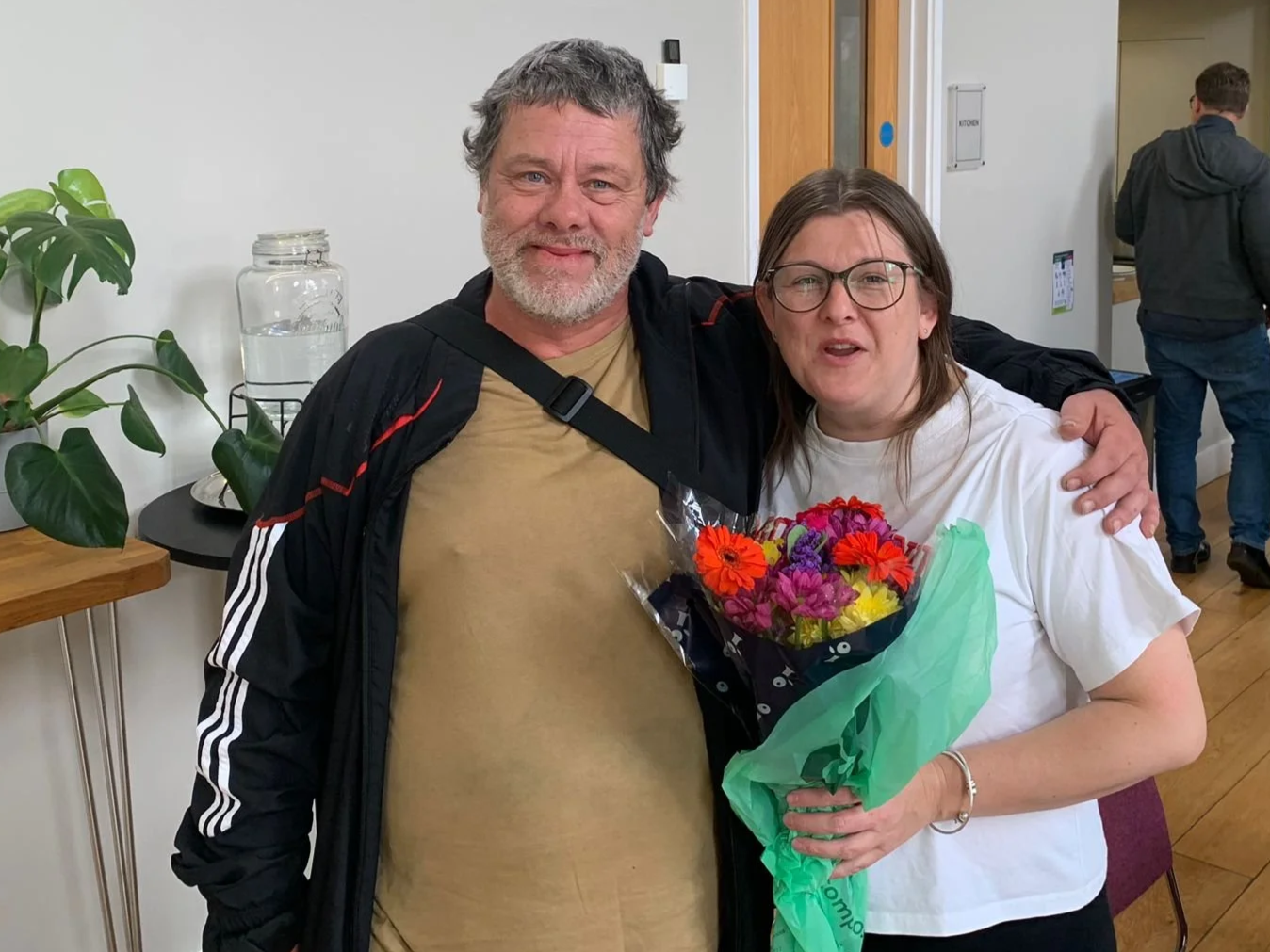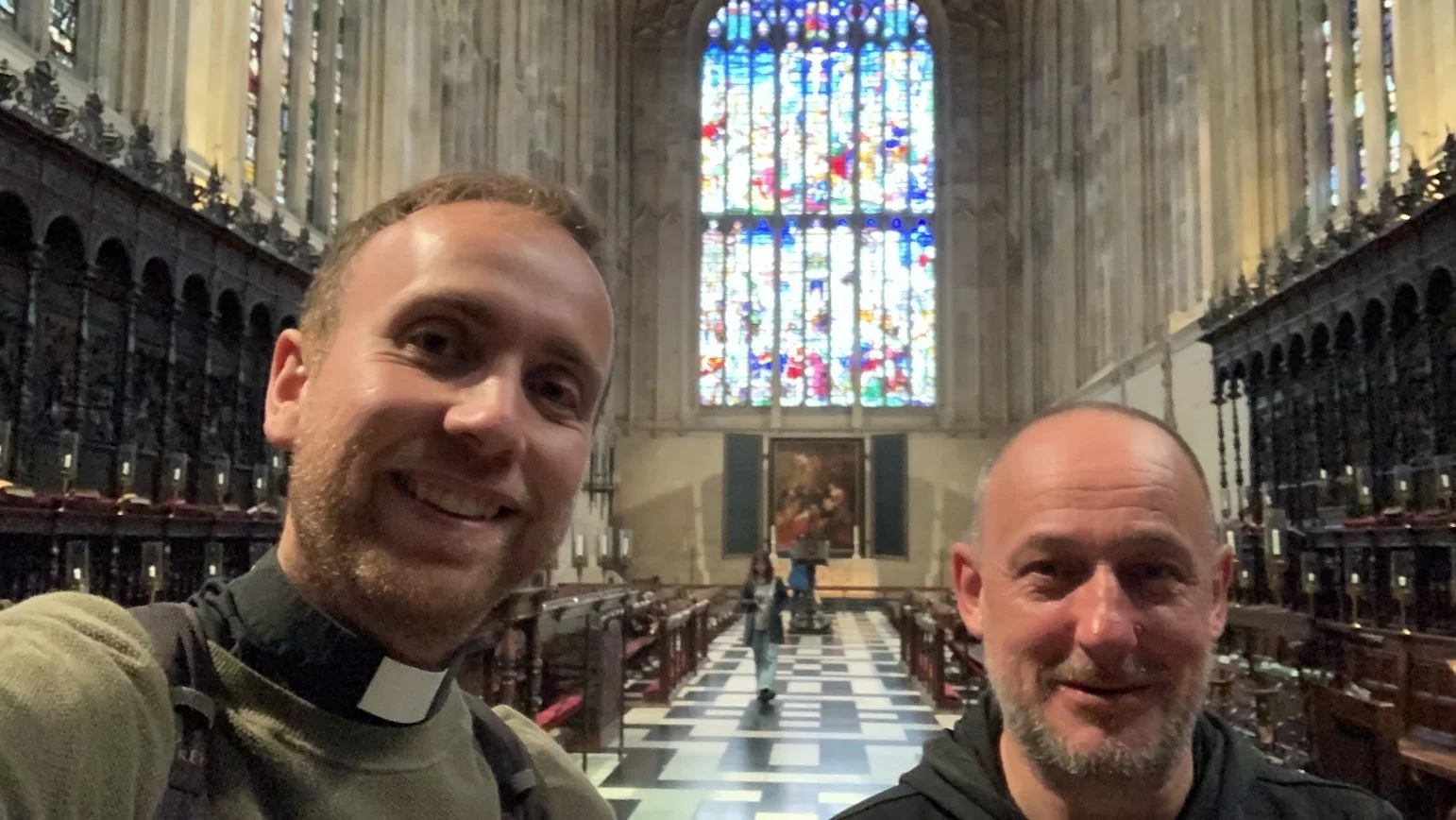Being with
“When I was homeless, I just wanted someone to be with me.”
At CCHP we believe in the power of “being with” people.
Material poverty is a significant factor in causing and entrenching homelessness, but equally significant are poverty of relationship and poverty of identity.
We believe that building up relationships of trust, listening to people, empowering people, and spending time together in healthy community can make a real, lasting difference.
All our chaplaincy work begins with a relational approach of non-judgement, not trying to work for people, but rather understanding people and sharing in our common humanity.
We want to offer dignity, respect people’s history and autonomy and show genuine love.
“Nine times out of ten, I just want a conversation… the loneliness is the worst thing when you’re homeless.”
Our Christian faith lays the foundations for this approach of “being with”.
In Jesus Christ, God was with humanity, sharing our dreams, struggles and sorrows. In fact, Jesus spent the first 30 years of his life on earth simply “being with” the people of Nazareth
We seek to embody and live out this ethos of “being with” in all we do and to share it with people of all faiths and none.
“When I was sleeping rough, for someone to come up to me and have a proper conversation, that would last me weeks... that’s the power it gives you.”


